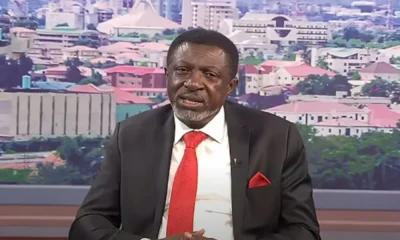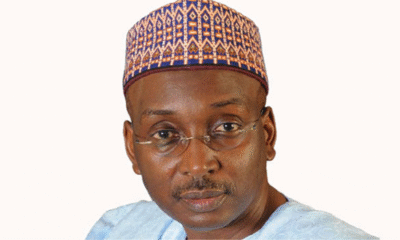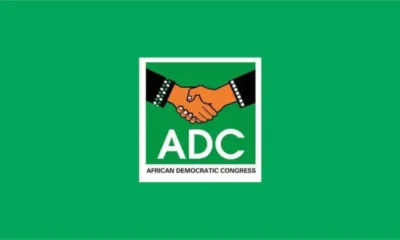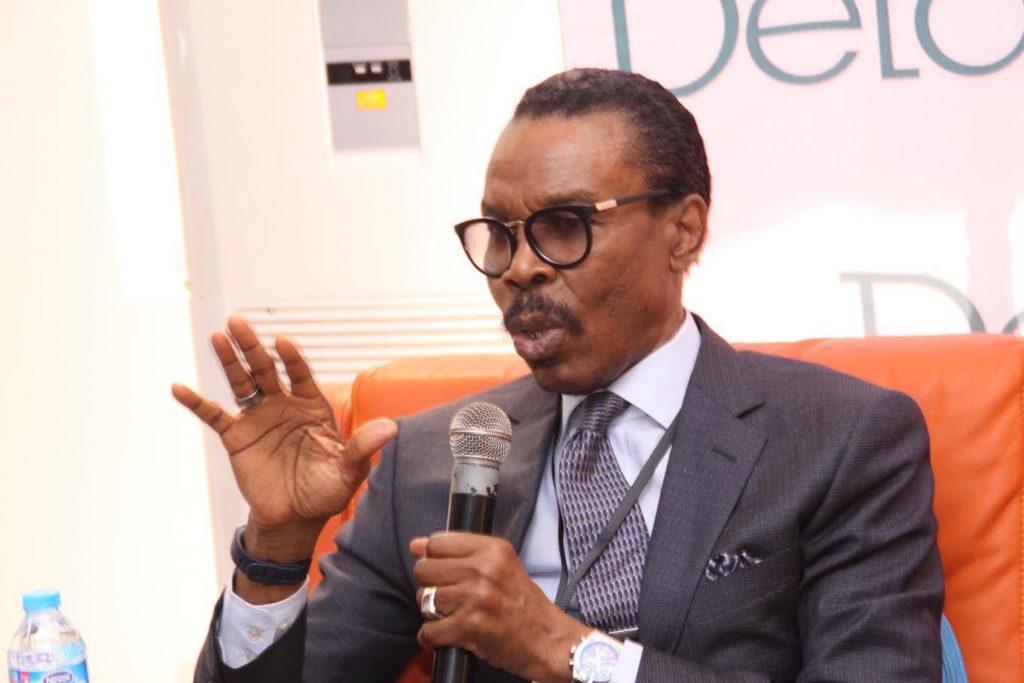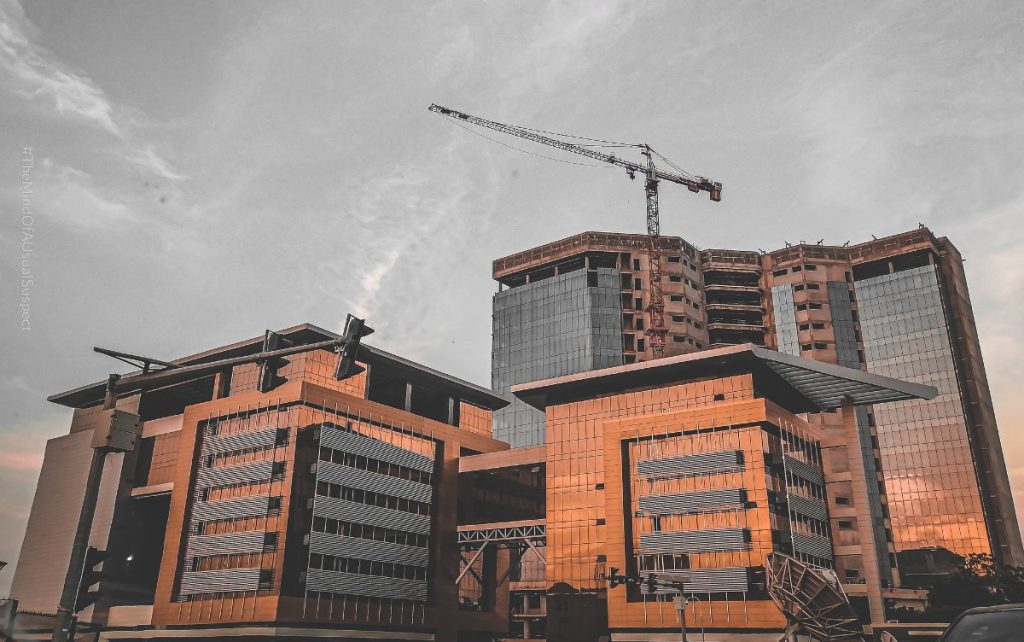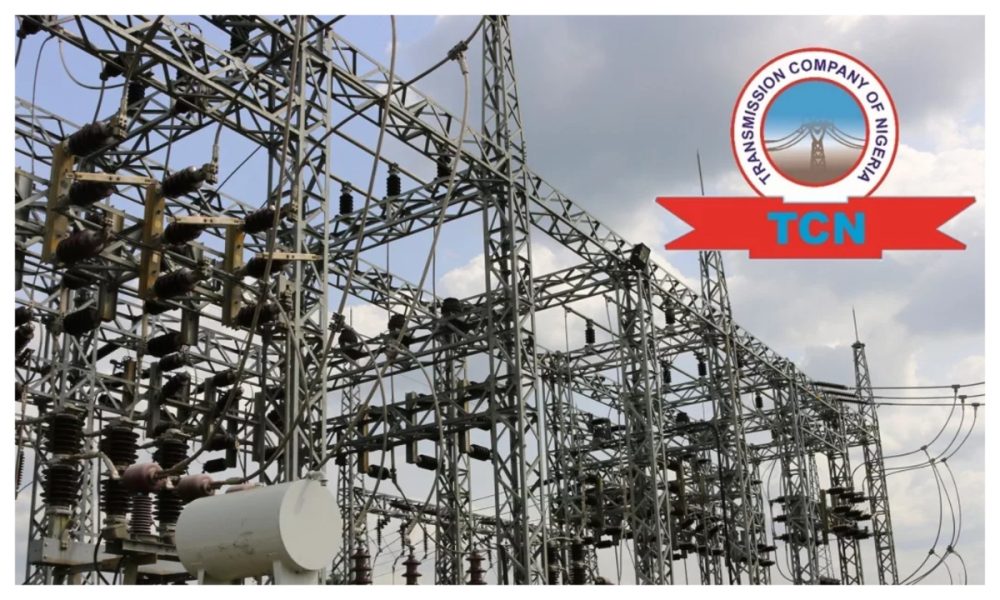Nigerian Cement manufacturers have said a surge in their operating costs was responsible for the sudden increase in the prices of the commodity around the country.
This development emerged after a meeting by the Minister of Works, David Umahiattended by his Industry, Trade and Investment counterpart, Doris Uzoka-Anite on Monday in Abuja with representatives of Dangote Cement Plc, BUA Cement Plc and Lafarge Africa Plc.
After almost three hours of discussion, the Works Minister read the communique of the meeting where the cement manufacturers explained the reasons why the price could not be lower than N7,000 for the time being and why it went up astronomically in the first place.
The manufacturers noted that the challenges of the high cost of gas, import duties, bad road network and the prevailing high rate of foreign exchange against the naira are militating against an instant drop in the price of the commodity.
Kabir Rabiu, the Executive Director of BUA said the meeting was extensive but the manufacturers would abide by the agreement.
According to him, the manufacturers were helpless over the issue of the surging prices.
He said: “First our cost component of energy went from 39 percent to 60 percent because of gas
“The price of gas last year was 415, then to N715, today we are paying more than N1,500. All these issues were discussed and we gave our commitment.
“When our 6 million tonnes of cement is supplied to the market in the few weeks, definitely we will see a sharp drop in prices when that volume hits the market”.
He said the big disparity between demand and supply also played a major role in the price surge considering the season too.
According to him, some manufacturing plants have issues and cannot produce probably by choice or accident, which leads to a reduction in production.
“And being the highest period of cement demand in the country, the tendency that demand will outstrip supply will push the price up,” he added.
He also noted that smuggling across the border contributes to the scarcity of the commodity which added to the surge in price.
He said the commodity is much costlier in Cameroon, for instance, which makes Nigerian cement a target for cross-border smuggling to Cameroon and other neighbouring countries.
The representative of Dangote Cement Plc, the Group Managing Director/Chief Executive Officer, Arvind Pathak, said notwithstanding that the core materials of the commodity are locally sourced, he said spare parts, among several other variables are subject to the mechanism of Import Duties and foreign exchange which makes it difficult for the manufacturers to disregard the prevailing economic indices.
Parts of the communique read by Umahi read: “The government and the manufacturers noted that depending on the location, ideally, the price should not be more than N7,000 and N8,000 to get to the consumer per 50 kg bag of cement.
“The manufacturers, BUA Cement Plc, Dangote Cement Plc and Lafarge Africa Plc have agreed to have their cement price nationwide to between N7,000 and N8,000 per 50kg depending on the location.
“Between the Federal government and cement manufacturers to set up a price monitoring mechanism to ensure compliance for the price we have set today and manufacturers have accepted to sanction, on their own, any of their distributors or retailers found wanting.
“Government expects the agreed price to drop after securing government’s interventions on the challenges of the manufacturers on gas, import duty, smuggling, and better road network.
“It was also agreed that the government will encourage the emergence of at least six cement manufacturers to augment the three existing companies.

 Politics9 months ago
Politics9 months ago
 Trending9 months ago
Trending9 months ago
 Politics9 months ago
Politics9 months ago
 Politics9 months ago
Politics9 months ago


